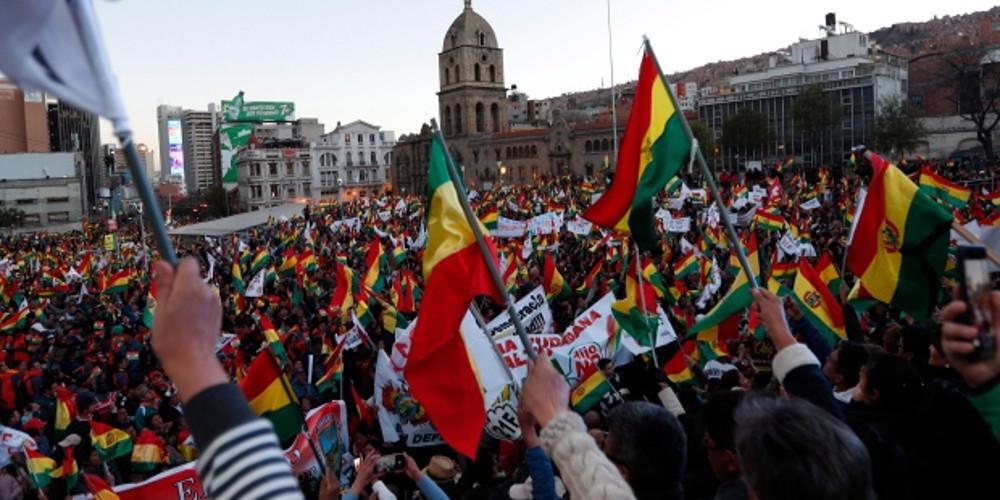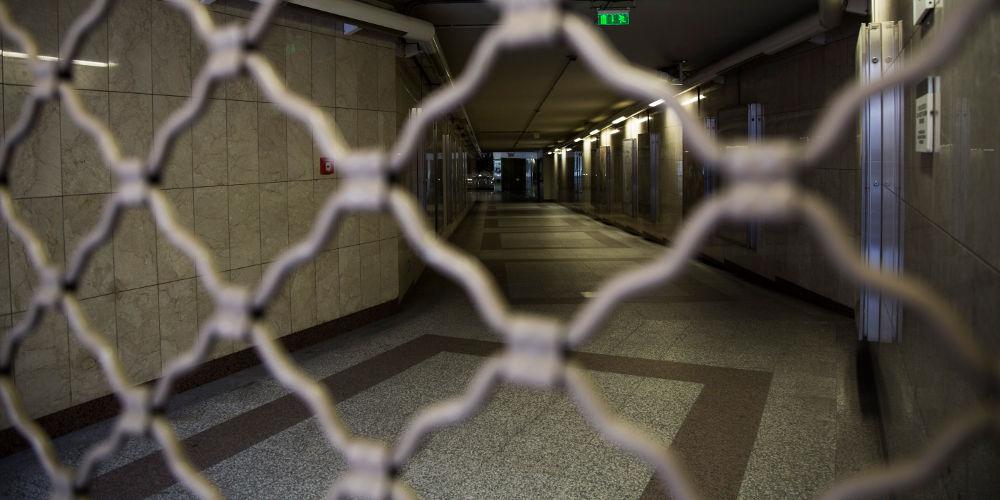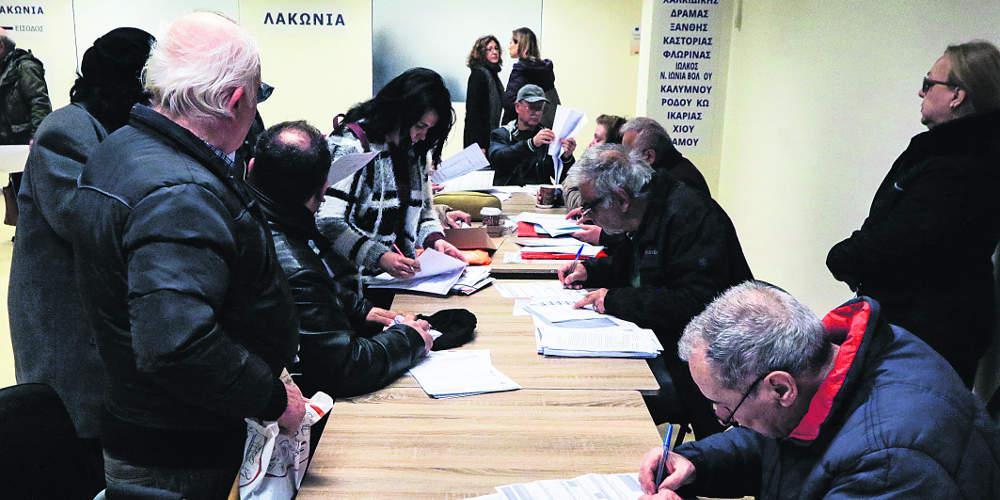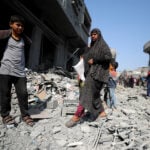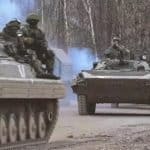Noting that the HAI has been “problematic for decades”, Dendias said the government viewed defence comprehensively, as a “complete battle system but also a complete support system” and considered that the air force cannot rely only on foreign aerial weapons systems but also “needs the backbone that can be provided by a serious HAI.”
“This is a national affair and a national goal, one that is above governments and parties. For this reason, I will inform all the parties in the Hellenic Parliament and I am certain they will support this national effort,” he added.
The minister also noted the important role that younger generations of Greeks can play in this effort, saying that bright young Greeks need not go abroad and serve “foreign countries and foreign flags” and that Greek society was capable of creating “a defence innovation ecosystem with the participation of Greek businesses that generate ideas, products and services that will our support our defence capability.” Dendias pointed out that other countries in the region had managed to do this and that he will soon be bringing the relevant legislation to parliament.
Dendias also spoke about the dual role of the Hellenic Air Force, as both a deterrent pillar and a force that contributed to the social whole, saying its “capability and effectiveness served as a guarantee for the fulfillment of these roles, the security of the country and stability in the broader region of the Eastern Mediterranean, to deter all aggression and all revisionism.”
The Greek state will continue its effort to reinforce and modernise the HAF, he added, pointing to the 18 battle-ready Rafale aircraft at the Tanagra air base, with another six to be delivered, the Viper-class F-16s reinforcing the Greek fleet and the contract for the support of the Mirage 2000-5 jets, among others.
The minister concluded by paying tribute to the 166 Greek pilots that have fallen in the line of duty since 1974.






















